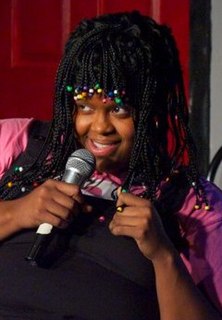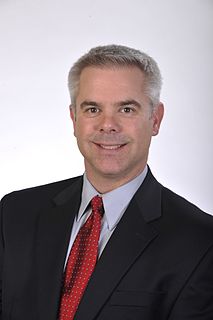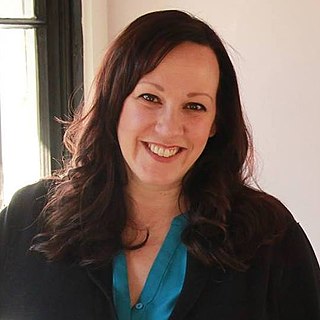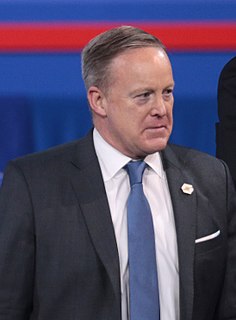A Quote by Sean Baker
Some have said I focus on marginalized communities, but it's not like that was my mission statement. I've just told stories that interest me, and that I'm not seeing enough of, on groups of people and subcultures that are often not seen.
Related Quotes
I like to focus on stories that need to be told and are not told enough. When I get bit by that bug, and the story is saying, 'You must tell me,' I then go through a process which is often painful and arduous, and long - and joyful! - of submitting to the story until I prove a worthy enough vessel to get it out.
In my lifetime I have seen democracy begin to expand, not only to include those who have been excluded, but to provide a listening arena, a vocabulary, an intelligent reception for stories that have been buried. Not just stories of the disenfranchised and the marginalized, but marginalized and disenfranchised histories even in the lives of the accepted and the privileged.
The mission statement of the RSC is to foster a constitutionally bound limited government, it's to have a strong national defense, it's to protect private property rights and it's to support American values. That's what the mission statement is. There's nothing in the mission statement about trying to hold leadership accountable.
They've seen me make decisions, they've seen me under trying times, they've seen me weep, they've seen me laugh, they've seen me hug. And they know who I am, and I believe they're comfortable with the fact that they know I'm not going to shift principles or shift positions based upon polls and focus groups.
The stories never said why she was wicked. It was enough to be an old woman, enough to be all alone, enough to look strange because you have no teeth. It was enough to be called a witch. If it came to that, the book never gave you the evidence of anything. It talked about "a handsome prince"... was he really, or was it just because he was a prince that people called handsome? As for "a girl who was as beautiful as the day was long"... well, which day? In midwinter it hardly ever got light! The stories don't want you to think, they just wanted you to believe what you were told.
I hadn’t seen any novel make the statement that entering the workforce was like entering the grave. That from then on, nothing happens and you have to pretend to be interested in your work. And, furthermore, that some people have a sex life and others don’t just because some are more attractive than others. I wanted to acknowledge that if people don’t have a sex life, it’s not for some moral reason, it’s just because they’re ugly. Once you’ve said it,
it sounds obvious, but I wanted to say it.
After I’d told her – the mall, the taxi, Cross stroking my hair – she said, ‘Did he kiss you?’ ‘John and Martin totally would have seen that,’ I said, and as I felt myself implying the circumstances had prevented our kissing, I thought maybe this was why you told stories to other people – for how their possibilities enlarged in the retelling.
I have really seen the best in people and I've absolutely seen the worst in people. And I'm happy to say that most of the time I have been seeing the best of people in the first congressional district and connecting with voters and seeing what's important to them hearing their stories and what they want to see happen.
I think most people aren't really privy to how stories are developed and what stories are - make it to the front page or to the mainstream media, whether it's in print or in broadcast. And I think they'd be shocked and disappointed to see some of the bias that exists in some of the stories that don't get told - or the manner in which they are told.





































